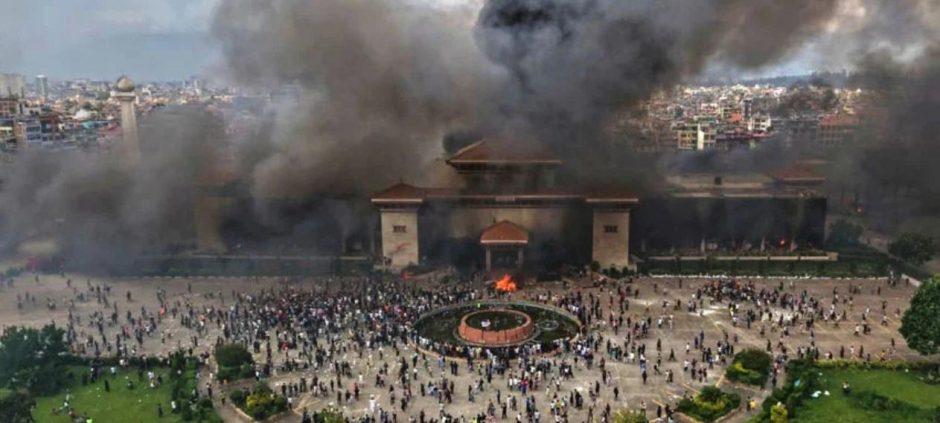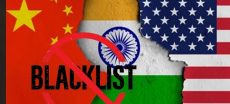Nepal’s President Ram Chandra Paudel dissolved the parliament late Friday and announced new elections for March 5, 2026. This decision came hours after swearing in former chief justice Sushila Karki as interim prime minister.
The move follows violent anti-corruption protests that left at least 51 people dead and over 1,300 injured. Demonstrators, largely young Nepalese, clashed with security forces in the worst unrest since the 2006 civil war. The protests also involved setting parliament on fire, forcing Prime Minister KP Sharma Oli to resign.
On the recommendation of the new interim prime minister, the House of Representatives was officially dissolved. Sushila Karki, Nepal’s first woman chief justice, took oath at a small ceremony in the presidential palace in Kathmandu. President Paudel congratulated her, wishing success for both her and the country. Karki will lead a six-month transition until the elections.
The unrest was sparked by a controversial social media ban, later reversed, and widespread anger over corruption. The military enforced curfews, while police maintained heavy presence in major cities to restore order.
India welcomed the leadership change and upcoming elections. Prime Minister Narendra Modi congratulated Sushila Karki and expressed India’s commitment to Nepal’s peace, progress, and prosperity.
Nepal has faced political and economic instability since abolishing its monarchy in 2008. Job shortages at home have driven millions of Nepalese to work abroad, mainly in the Middle East, South Korea, and Malaysia.
By Friday, signs of normalcy returned to Kathmandu. Shops reopened, traffic resumed, and police replaced rifles with batons, signaling cautious recovery. Authorities continue to monitor the situation ahead of the March elections.
In other related news also read Indian film Adipurush banned in Nepal











